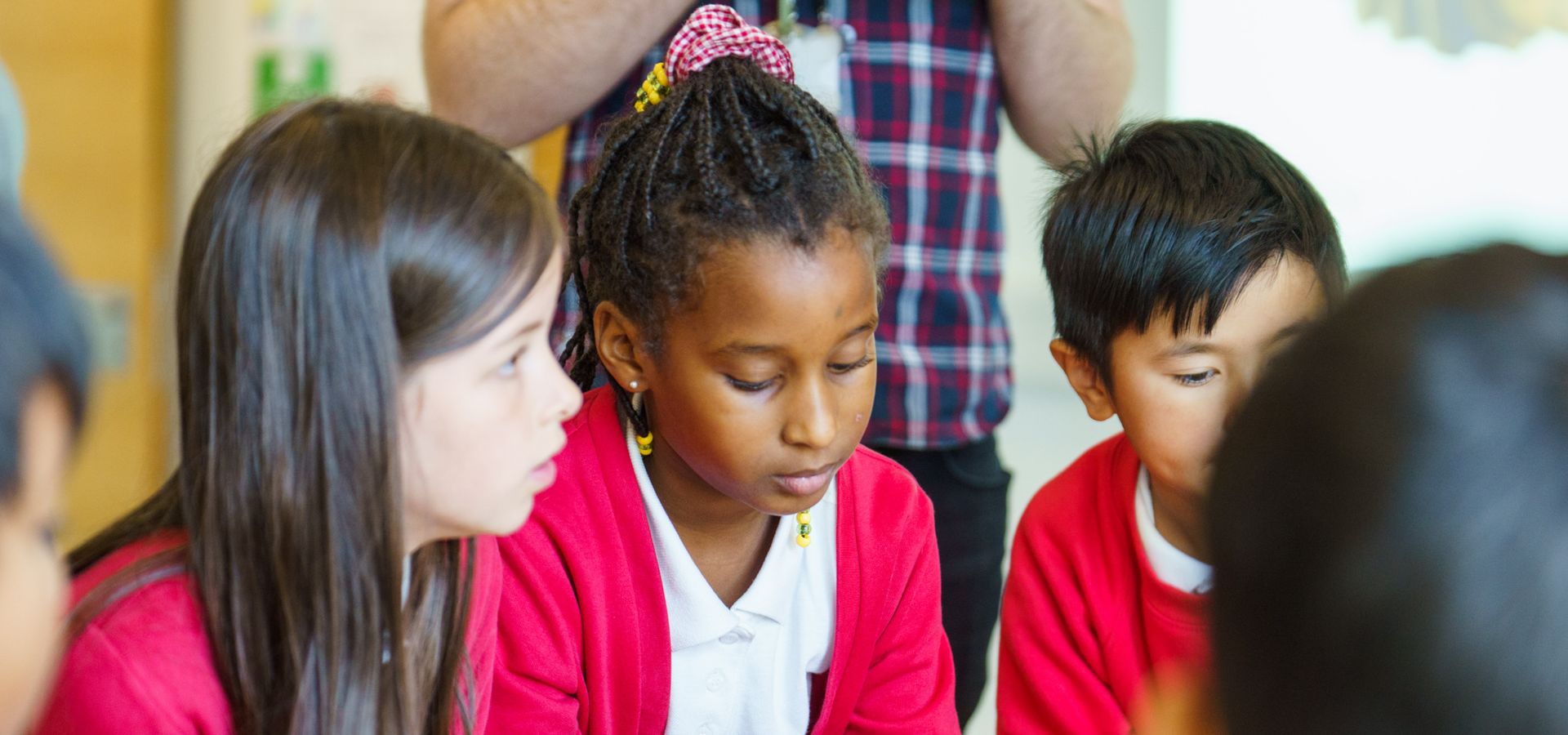
Decolonising the curriculum
First, we did some thinking. As a Learning and Access team, we thought about how there is no single story related to most of our objects, and that to tell just one story about something doesn’t give the full picture. We thought about the language we use and the language that schools use. We thought about where there are gaps in the voices in our collections, gaps in topics taught in schools and the gaps in our workshop programmes.
Then, we sat down on Zoom with History subject leads, senior leadership teams and whole staff teams from across the city, cups of tea in hand, to support schools to plan their whole school curriculums. We asked big questions. What is the intent behind your curriculum? Where’s the local relevancy for your pupils? What do you want to achieve? Are you using an arts-rich, creative curriculum, or just topic teaching? Where’s the progression? When you teach your Explorers topic in Yr1, how do you present that? Whose voices do the pupils hear, or not?
The Leeds Curriculum story around Martin Frobisher may help with teaching for that. Do you centre your ancient Egyptians topic in the context of an African civilisation? How do you relate that to what’s going on around the globe? It’s at the same time as the Stone Age in Britain. Is that a better connection for your rocks and fossils topic? What books are you reading in literacy, or scientific language are you using in class? What do they say about our biases?
Finally, we mapped their newly developed curriculums against objects and stories in our collections, resourced them through MyLearning website and our school membership scheme, and delivered whole school CPD for staff so that everyone was comfortable teaching sensitive topics and exploring colonial legacy.
We are the only museum service in England working with multiple schools on such in depth curriculum planning, with a focus on developing cultural learning and telling diverse stories. We have helped shape, change and develop the curriculums of all our member schools and others, going into curriculum deep dives and having impactful, long term relationships. It means the pupils in our city are being told whole, diverse stories across the primary curriculum that are relevant for them in their school, make sense for them in their locality, ground them in their city and their diverse heritages, and help us all to celebrate the Leeds we have now.
We have also supported the Gorse SCITT (initial teacher training) secondary trainees through a similar planning process, and shared our learning with other museum learning professionals through the Group for Education in Museums (GEM).
If you are looking to diversify your curriculum, the Leeds Curriculum is a good place to start. We offer curriculum planning packages that can be found on Leeds for Learning webpage.
